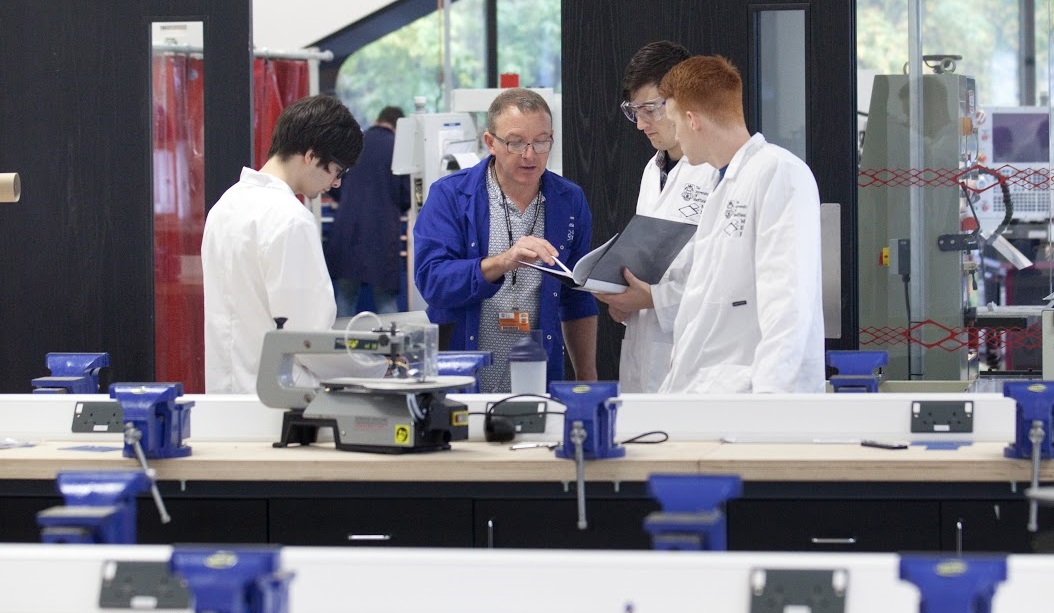
What is a literature review?
Before you start any piece of work, it’s important that you first find out what other people have done on the subject. This is so you can avoid repeating what others may have already done, or so you can learn from others and adapt their work towards your research.
A literature review is a search of current published information on a topic. Depending on what you are aiming for this could be a day’s work or a year’s work. The first thing you need to know is what you want out of this literature review. Once you have decided on the scope of the review you can start.
In your literature review you should:
- Identify a range of relevant documents in your field.
- Summarise the most important ideas from this reading.
- Identify any problems with the literature, such as gaps or limitations.
Finding the right material for your literature review is important. For example, you may need to look at classical texts explaining how DNA was first discovered, but you may also need to know the latest developments in gene therapy. This is because some diseases thought not to be hereditary ten years ago are now known to have clear genetic markers which we inherit from our parents. Therefore, it is important to look at the date of the work as well as the author.
Information can be in books, which generally give a broad overview of a subject, or in journals which are published regularly and bring together a collection of scholarly articles.
For students, the first place you should start your search is your institution’s managed database. For University of Sheffield students, this is StarPlus - The Library Catalogue. Using a managed database allows you to search in peer review databases such as Athens or the JSTOR Life Sciences collection. This means the work you are reading has been verified by other academics in the field and should, therefore, be trustworthy. You should not be using Wikipedia or unnamed sources such as online blogs and YouTube.
Finding the right information
To find the right information, you need to use keyword searches. Selecting the correct phrases to search can make your job much faster.
For example, let’s say you want to investigate whether wind turbines cause noise pollution. ‘Wind turbine’ and ‘noise pollution’ are the most obvious terms to search for. But you could also consider alternative search terms, such as:
Wind farm, wind energy, renewable energy
Or
Sound level, noise impact, noise regulation
When you have found some texts, reading the abstract will allow you to get a short summary of the content of the paper, so you can decide whether it’s worth your time reading the whole paper.
Then you should consider:
- Who wrote it (are they credible?)
- When did they write it (is it current?)
- Why did they write it (were they sponsored by the energy regulator or an environmental protection group?)
Once you have decided whether this is useful information for your literature review, you then need to be able to cite and reference it properly to avoid plagiarism. This is what we’ll look at in the next step.
Discussion
Imagine you were buying a new smart phone, how would you go about finding which is the best, and what do you mean by ‘the best’?